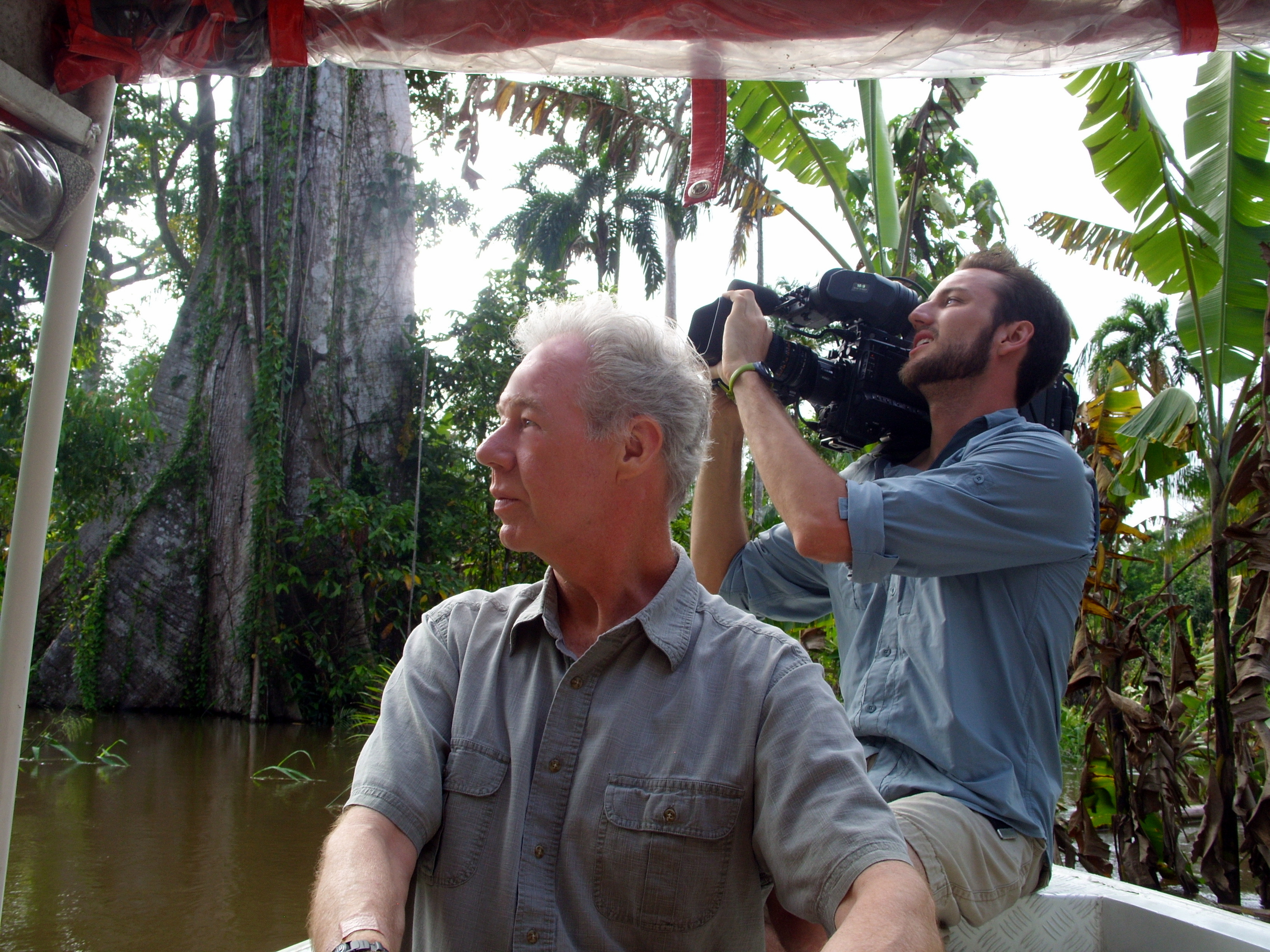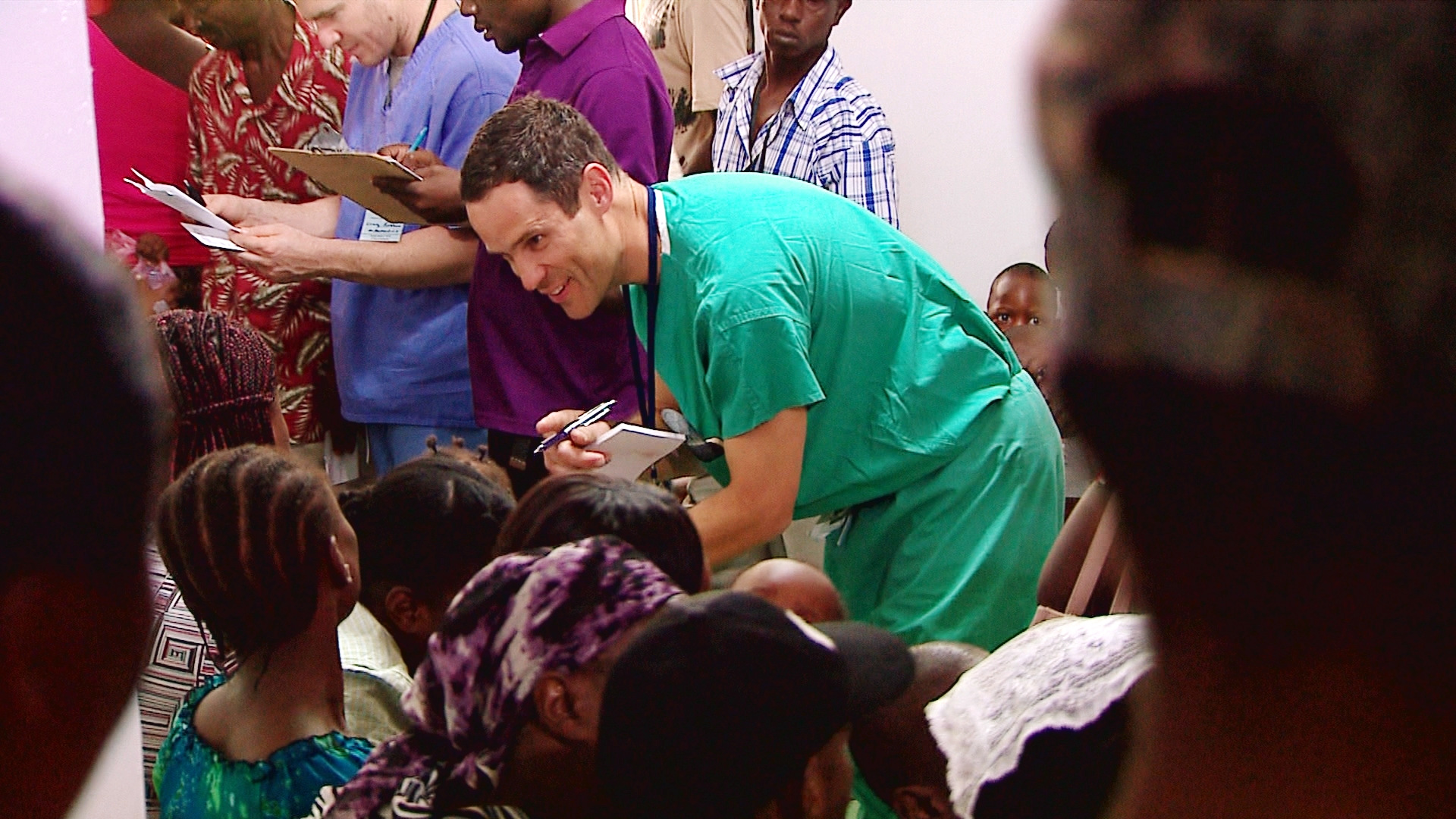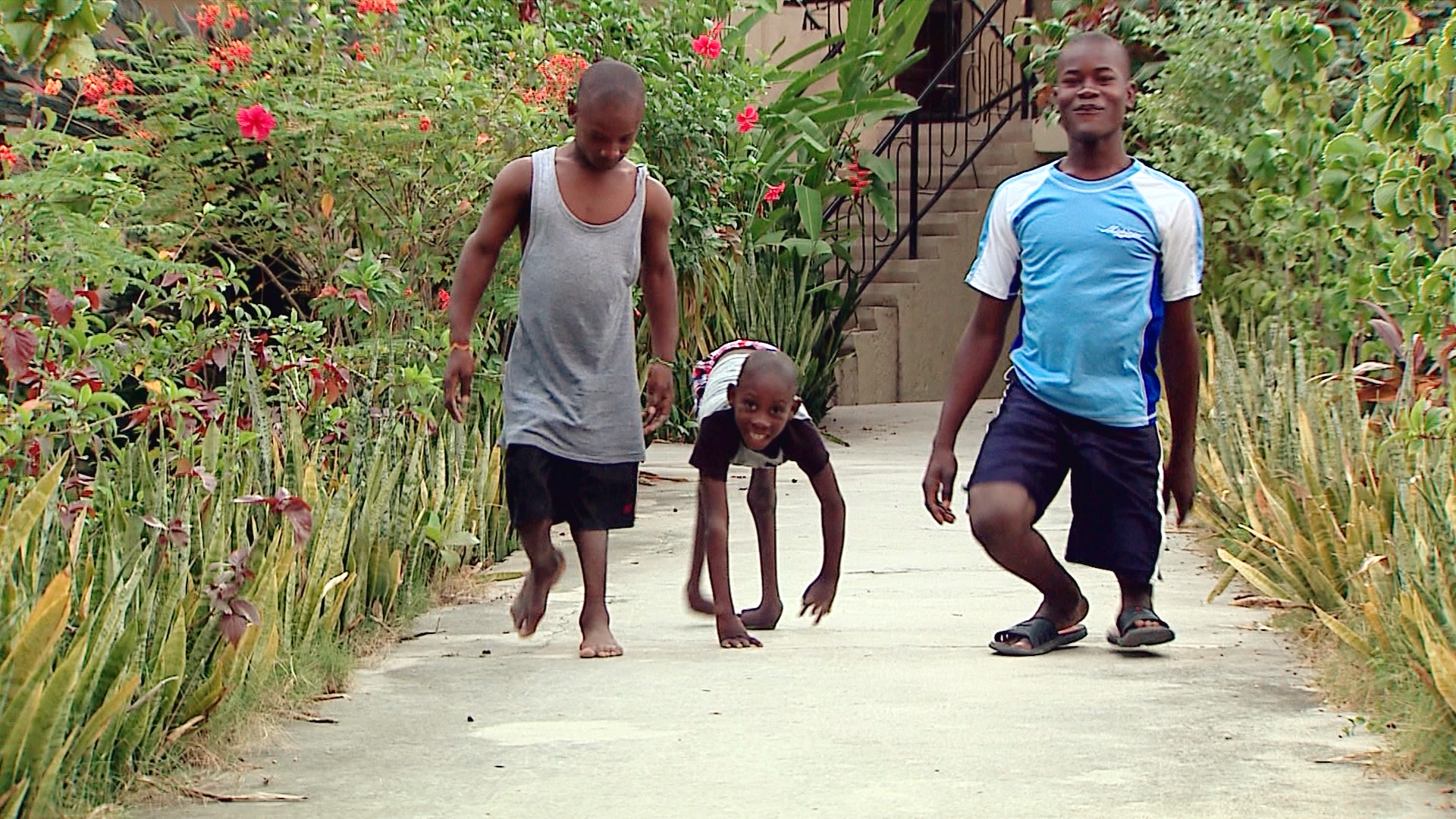WATCH A PREVIEWFor a preview of "The Adventists 2," visit http://journeyfilms.com/portfolio-item/the-adventists-2-trailer-2.
The Haitian children he encountered should have been walking, running and playing sports. Instead, they were ground-bound, beset with orthopedic problems.
"They were essentially crawling," says Nathan DeWild, a 2011 Southern Adventist University graduate who was in the country for documentary maker Journey Films. "They were pretty much outcasts of society."
Today, the same children are walking, running and playing sports.
"When they (doctors) come in and fix these things," DeWild says, "[the children] can walk, they can get jobs, they can do things. It changes their lives forever."
DeWild, in Haiti to film the work of an Adventist mission team led by Dr. Scott Nelson and a team of orthopedic specialists, got to see the surgical transformation of the children and document it for part of the upcoming PBS film "The Adventists 2."
The documentary became available for PBS affiliates to use on Sunday. To date, neither local PBS affiliate WTCI Channel 45 nor Georgia Public Broadcasting have scheduled it for airing.
"The Adventists 2" is a sequel to "The Adventists," a 2010 documentary that followed the origins of the Adventist church's health message and ministry in the United States.
The church has been a strong promoter of health since its beginnings in the 1860s, focusing on physical, mental and spiritual healing. Among the tenets of the church are whole-body wellness that includes diet, lifestyle, exercise and proper medical attention.
DeWild, 26, was not involved in the first film but was part of the team that documented the second. In his work as director of photography, he traveled to Brazil, China, Dominican Republic, Haiti, Malawi and Peru.
"This film is less about who the Adventists are," he says. "It's more the people (involved in the church's global health and humanitarian outreach) and what they're doing. That's what makes this film a little more interesting for the general audience ... how they're helping people in other countries."
The documentary took about six months to shoot and six months in post-production, DeWild says. He was one of a crew of three, which also included a producer and a sound man, in the six countries.
"I did all the camera work," he says. "Everything in the film is [what] I shot."
DeWild, who grew up in Chattanooga, also edited the 50 hours of footage, initially cutting it to an hour and 10 minutes and then to the required 56:46.
"That was some serious condensing," he says, "but pretty standard for a documentary."
Virginia-based Journey Films is independent and not related to the Adventist church, so DeWild says being an Adventist himself was a bit of an advantage in the production.
"I knew a little bit of the work that was going on," he says, "but I was blown away away about the stuff we saw when we traveled. It was inspiring to see these doctors volunteering to go to these countries and doing it for nothing. They were helping people they don't even know. That made the stories different."
The Adventists profiled in the film range from those doing short-term missions to full-time missionaries.
While the transformation of the Haitian children was the most impactful story of the trip for him, DeWild says, his favorite stop was Brazil, where long-term missionaries Brad and Lina Mills are working with indigenous people that he says are "almost untouched by technology."
"They have no Internet, no electricity, no running water," he says. "(The missionaries) were just teaching them basic things -- how to brush their teeth, how to wash their bodies."
Next up for him and Journey Films, DeWild says, is the post-production on a third Adventist film, this one on education.
"We shot it back to back [with 'The Adventists 2']," he says. "This is one of the best companies I know of that do faith-based documentaries."
David George, assistant professor of film at Southern Adventist, says the first movie, "The Adventists," was screened at the school and was very well received. He says Martin Doblmeier, founder and president of Journey Films and mentioned in the textbook George uses in his documentary filmmaking class, was present for the screening and led a question-and-answer session afterward.
"He has some notability in the world of documentary filmmaking," he says. "It's fun as Adventists to see yourself through somebody else's eyes."
George says he set up DeWild and several other students with Doblmeier, who was looking for employees when he attended the screening. George also used DeWild soon after the student's graduation on a feature film, "Old Fashioned," on which the professor is cinematographer and which will be released soon.
"We were glad to have him as a student," he says.
DeWild, who's been with Journey Films for a year and a half and now lives outside Washington, D.C., says he felt well prepared for his job, but didn't realize how impressive the film program at Southern Adventist was until after he graduated.
"It is mind-blowing when I think about what Southern has -- up-to-date equipment, technology, computers," he says. "I felt ahead of everybody else I've met [with the same training]."
George says Adventists have traditionally been discouraged from going to movie theaters, so it's a bit ironic the school would have a reputable film program.
"Most contemporary Adventists have realized films are about the context," he says, "and they are a tremendously powerful tool. I'm grateful [Southern Adventist] has recognized film [is] not an after-thought and was serious about designing something very comprehensive from the ground up."
Such a program helps make its students well-prepared and competitive, George says.
"Having really great students and alumni" is also important, he says.
"They're really the ones responsible for making the program a success. Without strong students who are passionate, you can't do very much as a teacher."
Contact staff writer Clint Cooper at ccooper@timesfreepress.com or 423-757-6497. Subscribe to my posts online at Facebook.com/ClintCooperCTFP.



